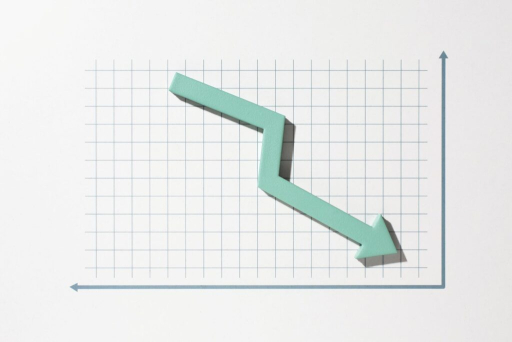
Blog: finance and real estate made simple
Articles and insights to help you navigate and grow
How Are Interest Earnings from Savings and Investments Taxed?

Most interest from savings and investments is subject to taxation. We can divide them into three categories depending on whether they are taxed automatically, whether we can easily handle them ourselves, or whether we will need more knowledge from an accountant or at least a specialized course.
No Need to Worry About Administration
For the following instruments, we don’t need to do anything. The tax is automatically withheld by the provider of the service or investment:
Bank and similar deposits in the Czech Republic
The tax is automatically sent by the bank or a similar institution (such as a credit union or building society).
Dividends and bond coupons issued in the Czech Republic
Again, the tax is withheld at the level of the issuer, and we don’t have to deal with it further.
Example:
Mr. Pícha has a term deposit, a savings account, and several shares still from the coupon privatization days. The tax on interest and dividends was automatically withheld, so Mr. Pícha does not need to tax these instruments further or include them in his tax return.
Usually Manageable on Our Own
This category mainly includes capital gains tax, typically from mutual funds or individually owned shares (both applicable for instruments issued in the Czech Republic). Tax liability begins at the moment of sale, and the following rules apply:
-
Instruments held for less than three years, or if their annual volume exceeds CZK 100,000 (~€4,000).
-
In the tax return, we include those that meet at least one of the above criteria.
Example:
Mr. Bystrý made changes in his mutual funds. He sold old funds purchased eight years ago worth CZK 500,000 (€20,000) and bought new ones. At the same time, he wanted to try investing on his own, so he bought a share for CZK 1,000 (€40), expecting a quick rise. However, the share dropped to CZK 900 (~€36), so he sold it after five days.
Because he did not meet both conditions at once – the three-year test and the CZK 100,000 limit – he will have to include both transactions in his tax return. From the sale of mutual funds, however, he will not pay tax because he met the three-year holding period. From the sold share, he also won’t pay tax because he realized a loss.
If he had sold the share for CZK 1,100 (€44), he would have taxed the profit of CZK 100 (€4) at the current rate of 15% (thus CZK 15, i.e., ~€0.60). If he had carried out each transaction in a different year, he would not have to pay tax or even report them in his tax return (the funds were held longer than three years and the share sales volume was below CZK 100,000).
An Accountant or Specialized Course Required
More complex tax calculations are involved in foreign financial instruments and real estate investments.
-
Profits from foreign financial instruments must almost always be included in the tax return. With most countries where Czechs have assets, we have double taxation treaties. However, it is necessary to know the exact rules.
-
Income from renting real estate is also not trivial from a tax perspective. We may use a simple 30% expense allowance, but the question remains: what exactly is the tax base? Rent payments are often split between rent and reimbursement of services. Moreover, we don’t have to use the allowance – the complexity of tax-deductible costs and depreciation often requires deeper knowledge or directly the services of a professional.
Why It Matters
Each of us often finds ourselves in similar situations and is subject to the obligation to tax savings and investments without even realizing it. Practically every financial product has a tax aspect, from mortgages to pension savings, and the amounts you can lose – or save – are incredibly significant.
An experienced financial advisor, although not an accountant or tax advisor, can help you distinguish between the above situations and warn you when to pay attention.
There are also cases where you can unnecessarily pay tens of thousands of crowns in taxes, even when withdrawing from pension savings. While this article does not aim to cover every possible case, we do aim to help you with your everyday financial situations and save you money even in cases where you may not suspect that you could save significantly on taxes.
Note: All CZK amounts were converted to EUR using a fixed exchange rate of 25 CZK = 1 EUR.
Stone & belter blog
Similar articles
Category















